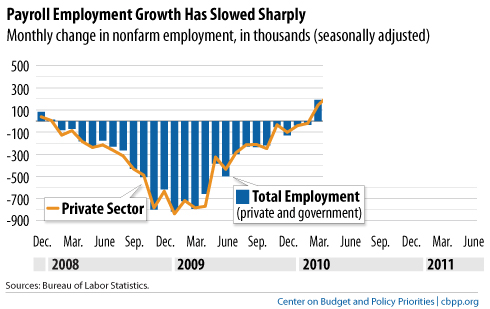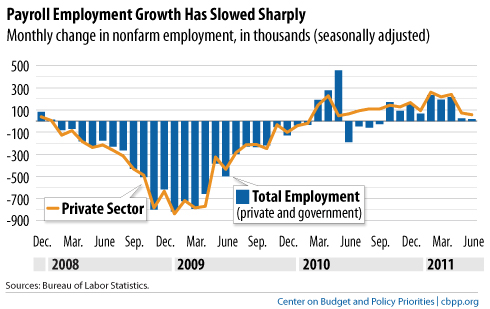Well, My Company Is Officially Required to Buy a Product That Does Not Exist For Us
As of next year, my company is required to offer health care plans to our full-time employees or else pay a penalty. Unfortunately, after an extensive market search, no one will sell me such a policy -- not even the government health care exchange for small businesses.
Let's take a step back. Business owners have had the rules pounded into us over the last few years, but many of you may not be familiar with the details. The detail rules are here, as "simplified" as much as possible by the NFIB, but don't read them unless you have to or your head will explode. The simple way to think of it is that there are two penalties out there:
- The "A" penalty is for companies that do not offer any sort of health plan, no matter how crappy, to their full-time employees. The A penalty in this case is $2,000 per full-time employee, with the first 30** free (so with 60 FT employees and no health plan, the penalty is (60-30) x $2,000 = $60,000 a year.
- The "B" penalty is for companies that avoid the "A" penalty. If a health plan is offered, but is not affordable (ie the employee monthly share of premiums is higher than a government-set floor) then the company gets penalized $3,000 for every full-time employee who both goes into an exchange and gets a plan with a government-subsidized premium. There is a cap on the "B" penalty that it can be no higher than if the "A" penalty was applied to the whole company.
We have always pretty much assumed we were going to get the B penalty. For minimum wage workers, the floor contribution is something like $9o a month, so the company share over a year for a typical employee of ours would be way over $3000. Also, since over half of our full-time employees are on Medicare and another portion of them are on some sort of retirement plan from a corporation, we don't expect that many to go into the exchange anyway. So we plan to just pay the penalty.
But we had expected to avoid the A penalty by offering some sort of policy to our employees. When experts present this stuff, they act like only the dumbest of the dumb companies would ever be saddled with the A penalty. After all, the company does not even have to pay anything for the policy, they just have to offer something.
But it turns out that all the things that protect us from the B penalty make us almost un-insurable. First and foremost, insurers have a minimum participation rate they demand. They are not going to go through all the overhead costs of setting you up on their plan if no one is going to sign up. In the Government Small Business Health Care Exchange (SHOP), that minimum participation rate is around 70%. No WAY we can meet that, since over half or our employees are on Medicare and would thus not sign up for anything. The fact that the average age of our workforce is in the 60's, maybe even the 70's, just makes things worse. Obamacare gives insurers only limited ability to price for higher risk, so they lose money on older people. That means they are going to avoid like the plague signing up any group like ours that is all older people.
So, as a result, I am required by law, under harsh financial penalties, to purchase a product that is not available to me. Had President Obama required that I buy 2 pounds of rocks from Mars, the result would not have been any more unfair.
By the way, I have for a couple of years now been discussing my efforts to convert all our full-time employees to part-time. I have gotten a lot of grief for that in the comments. But do you see why now? The Administration is levying a penalty on me that I cannot avoid. That penalty is calculated as a multiple of the number of full-time workers I employ. The only way I can reduce the penalty is to reduce the number of full-time employees.
It is a sorry state of affairs to have to see my greatest business achievement of the last year was to get my number of full-time employees in a workforce of over 350 people down to just 42. This year, we will work to get it under 30. If we can do that, we will avoid all penalties entirely without having to mess with the health insurance marketplace.
** As a transition measure, the first 80 are free in 2015, which means my company will avoid penalties in 2015 no matter what but not in 2016 unless we can get our full-time employee count down further.
Postscript: One of the oddball and confusing parts of the law is that the word "full-time" has multiple meanings. This year, companies with more than 100 full time equivalents (FTE) are subject to the mandate. Because of this, at cocktail parties, I have people walk up to me all the time saying the law does/doesn't apply to me based on a factoid they heard about minimum workforce sizes. I have 350 total employees of whom 42 are full time. Some say that puts me over 100 (the 350) and some say that puts me under the 100 (the 42). It turns out that neither are relevant in determining if I am under or over 100, it is a third calculation that matters. We do have more than 100 FTE, but we have less than 80 full-time employees that triggers the penalties in 2015. Go figure.

